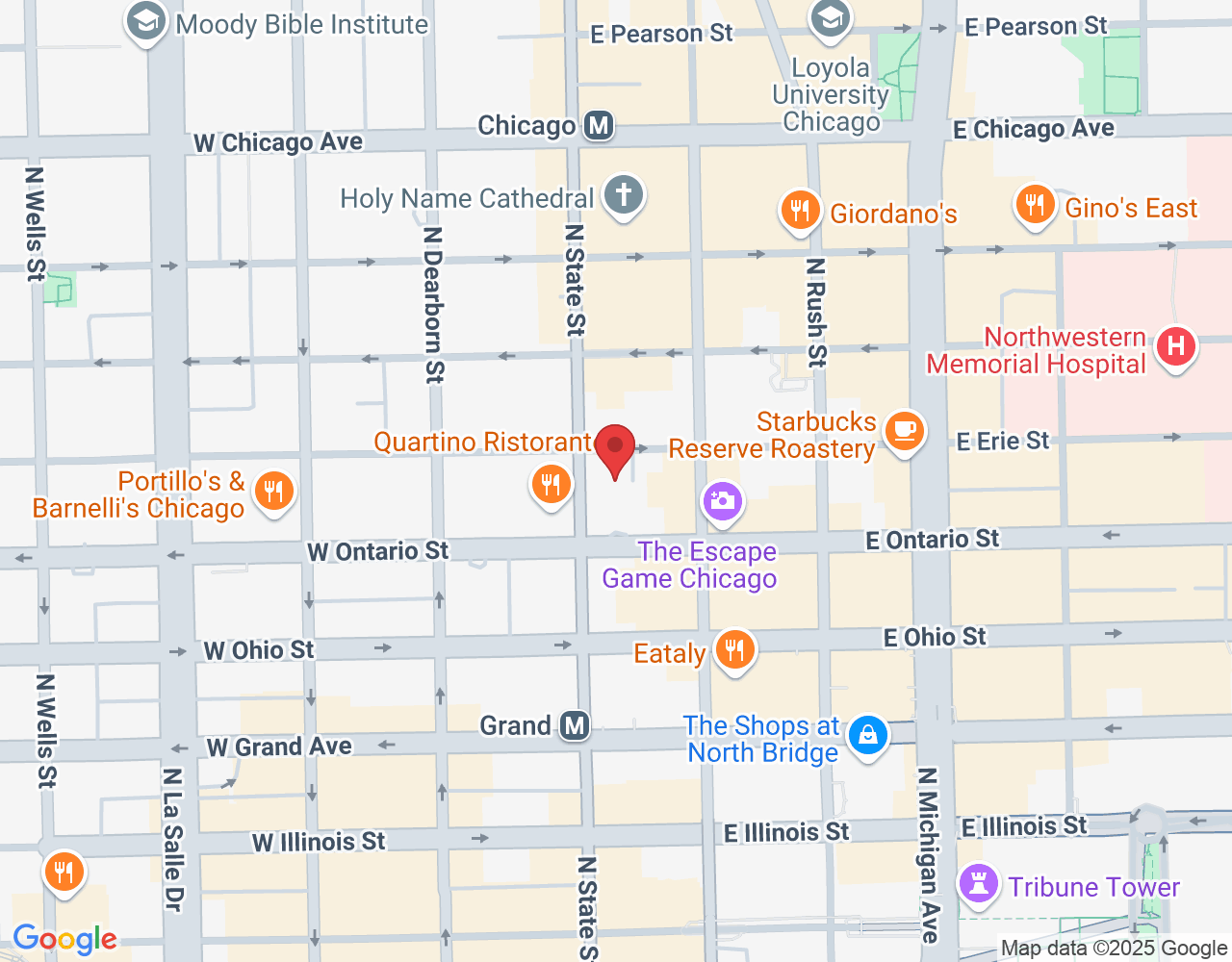![Lowest Cost Burial Insurance for Fibromyalgia [2023 Guide]](https://images.leadconnectorhq.com/image/f_webp/q_80/r_1200/u_https://storage.googleapis.com/msgsndr/lh6ujB7T7TXX8d5Q00ON/media/635d4f2839e2a450bd8db40b.jpeg)
Burial insurance for alcohol and drug abuse: A comprehensive overview.
Individuals in recovery from addiction may seek employment requiring a clean criminal record, especially when working with vulnerable populations like children or seniors. Despite efforts to maintain sobriety, mistakes can occur, jeopardizing employment. Given the stigma associated with recovery, finding new employment can be challenging.
To safeguard against unforeseen relapses and ease transitions, consider purchasing burial insurance for addicts or alcoholics. This coverage ensures funeral and burial expenses are covered in the event of death resulting from substance abuse. Given the potential high costs of final arrangements, it serves as a valuable precaution for those undergoing substance abuse treatment.
Burial insurance for alcohol and drug abuse: What does it entail?
Burial insurance for individuals with a history of alcohol or drug misuse is a form of life insurance designed to cover funeral and burial costs in cases where the insured has struggled with substance abuse. Recognizing the challenges faced by those with substance use disorders in obtaining traditional life insurance, this type of policy offers a practical solution. It addresses end-of-life expenses such as coffin purchase, burial plot, headstone, memorial ceremony, and related fees. However, policies for individuals with a history of substance misuse may entail conditions, waiting periods, or higher premiums to mitigate the insurance provider's risk. To find suitable coverage tailored to their needs, individuals should carefully review the terms and seek guidance from insurance professionals, similar to any other insurance process.
Signs of drug abuse
Signs of drug abuse include:
Distorted vision
Slurred speech
Confusion
Fatigue
Nausea and diarrhea
Sudden changes in attitude or behavior
Hallucinations
Irregular heart rate
Physical changes such as weight loss, poor hygiene, and red or watery eyes
Anxiety, phobias, or delusions
What are the coverage benefits of Burial Insurance for Alcohol Abuse/Drug Abuse?
Burial insurance for individuals with a history of alcohol or drug abuse primarily covers the expenses associated with the insured's funeral and burial upon their passing. This specialized insurance aims to offer financial support to the family or beneficiaries during a challenging time. It typically includes essential costs such as the purchase of a casket, burial plot, headstone, memorial ceremony, and other related fees related to end-of-life arrangements. However, individuals with a history of substance addiction may encounter additional conditions or waiting periods before the full death benefit is paid out, and premiums may be higher due to perceived risks. The primary objective of this type of insurance is to alleviate financial burdens on loved ones, allowing them to focus on honoring the deceased without worrying about funeral and burial expenses.
What is the functioning mechanism of Burial Insurance for Alcohol Abuse/Drug Abuse?
Burial insurance operates similarly to other forms of life insurance. Upon your death, if you've paid the premiums, your beneficiaries will receive the policy's benefits, minus any non-cash advantages, such as loans or assets transferred into the policy via your will. The insurer disburses the benefits to your beneficiaries in return for a death benefit payment from either you or your spouse, depending on the chosen payout option during coverage application.
Are medical tests necessary for burial insurance for Alcohol Abuse/Drug Abuse?
For funeral insurance eligibility, no medical examination is required, even for drug misuse. During the application process, there's no need to provide medical records, blood, or urine samples. You simply need to answer a few straightforward health-related questions. Typically, the insurance company will promptly approve your application!
Burial insurance underwriting with alcohol abuse/drug abuse.
Honesty is crucial on your life insurance application as underwriting determines your premium and financial capability. During this process, insurance companies usually request the following information:
Details regarding your overall health and any existing limitations.
Prescription drug information.
A list of past hospital stays may also be requested.
Health Concern:
All life insurance companies include inquiries about drug and alcohol abuse in their underwriting process. Some insurers may delve deeper into a person's drug use.
You might be asked about various substances like opioids, alcohol, marijuana, hallucinogens, sedatives, and illicit drugs.
Additionally, you may need to disclose any pharmaceuticals you're currently using, apart from those prescribed to you.
Certain insurers may be more direct, mentioning specific medications. For example, they might ask, "Have you used methamphetamine, Ecstasy, special K, GHB, Rohypnol, Ketamine, or any other street drug in the last 12 months?"
Provide details about the type of drug, quantity consumed, frequency, and duration of use. Can you recall your most recent drug use?
When applying for insurance, your rights are protected under the HIPAA legislation (Health Insurance Portability and Accountability Act of 1996). Your history of alcohol and drug abuse cannot be used against you by law enforcement. Rest assured, all information you provide on your application remains confidential and secure under HIPAA regulations.
Check The Prescription history.
If you, a family member, or someone you know is battling drug or alcohol addiction, it's essential to examine their prescription history. This can reveal whether they are using drugs, which could be pivotal if an accident occurs, as their drug use could be used as evidence against them.
Insurance companies utilize prescription databases to access information on all prescriptions you've filled and their frequency.
As part of the underwriting process, insurers verify your health status by asking health-related questions. A medical professional may assess you for any "red flags" indicating drug use.
Common medications for alcohol abuse/drug abuse.
Antabuse: Commonly prescribed for alcohol and drug abuse, Antabuse induces unpleasant side effects when alcohol is consumed, discouraging drinking.
Acamprosate: This medication assists those with alcohol dependence by reducing cravings and promoting abstinence.
Naltrexone: Used to block alcohol effects, Naltrexone diminishes cravings and lowers the risk of relapse.
Barbiturates: These drugs aid sleep and reduce anxiety, affecting the central nervous system to induce relaxation.
Benzodiazepines: Frequently prescribed for insomnia and anxiety, Benzodiazepines alleviate symptoms by reducing anxiety and inducing sleep.
SSRIs: Selective serotonin reuptake inhibitors (SSRIs) help in alcoholism treatment by elevating serotonin levels, thus reducing cravings and preventing relapse.
Codeine: An opioid medication, Codeine is utilized to relieve pain and coughing, though it carries an addiction risk.
Oxycodone: Prescribed for moderate to severe pain, Oxycodone is a synthetic opioid with addictive potential.
Dextromethorphan: This antitussive medication treats coughing, but misuse may lead to dependence.
Fentanyl and analogs: Synthetic opioid medications like Fentanyl treat severe pain but pose a risk of addiction and dependence.
What is the advantage of burial insurance for Alcohol Abuse / Drug Abuse?
It provides financial support to the family in the event of an accident or illness resulting from drug or alcohol use.
This assistance covers more than burial expenses, including funerals for family and friends, floral arrangements, caskets, cremation, and related costs.
The assurance that everything will be managed in the event of the unthinkable brings peace of mind.
It serves as a means to offer financial stability to your family and contribute to your funeral expenses.
Should you pass away under the influence of alcohol or illegal drugs, funeral expenses are covered.
Dealing with the claims process for a drug or alcohol addict can be complex and time-consuming. An insurance policy handles all legalities, relieving your family of such concerns after your passing.
The most effective form of insurance coverage for drug and alcohol abuse.
Best insurance policy option for Alcohol Abuse / Drug Abuse
Drug Abuse Currently Use
Extensive use of illegal or prescription drugs disqualifies you from eligibility for a level death benefit plan with first-day coverage from an insurance carrier. Your current drug regimen holds significant weight in the insurer's considerations.
However, if you've been diagnosed, hospitalized, treated, or received counseling within the past two years, you may qualify for a first-day benefit plan. This coverage begins immediately, with the death benefit accumulating gradually. Opting for the first-day benefit plan is the most favorable choice.
In the event of a drug-related death, the company may institute a contestability period to investigate your drug history. Falsifying information on your application nullifies the death benefit. Drug misuse could result in high premiums or extended waiting periods, tempting some to provide false information to avoid these consequences.
Drug Abuse Already Quit
Many life insurance companies require individuals with a history of substance abuse to have been sober for 18 to 24 months before providing coverage. Former addicts who meet this criterion are eligible for level death benefits with no waiting period and first-day coverage.
When applying for insurance, it's crucial to consider the underwriting standards of the specific company. Funeral Funds, an independent life insurance firm, offers expert guidance tailored to your circumstances. Selecting a level death benefit plan with first-day coverage is often the optimal choice.
Burial Insurance With Alcohol Abuse / Drug Abuse
Use of Tobacco
Insurance companies view smoking as a high-risk behavior due to its association with various health issues. As a result, tobacco smokers typically pay double for life insurance due to the tobacco rating. However, individuals who have refrained from smoking for at least a year are eligible for the non-tobacco rate. Opting for a level death benefit plan with first-day coverage is often the most advisable choice.
Use of illicit drugs
Historically, obtaining life insurance approval while actively abusing drugs like opium, methamphetamine, cocaine, or heroin proved challenging. Most companies require 2-5 years of sobriety without relapse or hospitalization before considering higher coverage levels for drug users. Some insurers may offer first-day coverage for individuals with over two years of sobriety.
The recommended approach is to secure a level death benefit plan with first-day coverage. If you're interested in burial insurance but have a history of drug use, you may qualify for guaranteed issue coverage. Guaranteed issue is the only type of funeral insurance available to individuals battling addiction, recent hospitalization, or past incarceration.
Abuse of alcohol
Alcohol abuse and misuse exemplify unhealthy behaviors characterized by excessive binge drinking. This behavior can result in various health issues, including depression and liver failure.
If you've been diagnosed with alcohol abuse, received treatment advice, or undergone treatment for over 24 months, several companies may offer first-day coverage. Opting for a level death benefit is recommended. However, if you've abused alcohol or used it within the past year, your best coverage option would likely be a life insurance policy issued by a guaranteed issue company.
CBD oil consumer
As more American states legalize marijuana for medical use, the insurance industry is increasingly accommodating towards individuals using CBD oil. If CBD oil is being used to manage a minor medical condition, eligibility for first-day coverage might be possible. For those in good health utilizing CBD oil to address their medical needs, qualification for standard death benefits is feasible.
However, if CBD oil is employed to address a severe medical condition, eligibility for a level death benefit plan is not an option. In such cases, a life insurance policy with fixed repayment terms is available.
How much does burial insurance Alcohol Abuse / Drug Abuse cost?
Alcohol abuse costs are influenced by several factors, including:
1. Desired Coverage Amount: You can select from various coverage levels, ranging from basic plans offering essential protection at a reasonable cost to those offering more extensive coverage. Some insurers offer a wider range of options, while others provide only limited security.
2. Type of Coverage: While some burial insurance policies solely cover funeral expenses, others extend to burial or cemetery plots in addition to funeral costs. Certain policies exclude cremation, while others include coverage for cremation and burial expenses.
3. Policy Limits: Most policies offer coverage up to $10,000 or more, with some companies offering policies providing emergency coverage of $50,000 or higher.
4. Policy Duration: Standard coverage typically lasts up to 10 years, with options for longer-term policies available for an additional fee (up to 20 years).
5. Age and Health Status: Young, healthy individuals may require less than $10,000 in insurance, whereas older individuals or those with health issues may need more comprehensive coverage.
How do I apply for burial insurance? Drug Abuse?
The process is straightforward. You can access our policy costs by completing the form on the right. Furthermore, one of our authorized representatives will reach out to you. Following a brief inquiry regarding your health, we'll confirm essential details and determine your insurance rate class. Once we've gathered your responses, our agent will initiate field underwriting. Enrollment proceeds once underwriting is complete.
There are two enrollment methods available, both equally viable.
Firstly, the application is voice-signed by the insurance agent, you, and the carrier during a three-way call. Alternatively, it can be completed with just you and the agent, depending on the carrier's protocol.
Secondly, the agent will email you a DocuSign link for electronic signature. The carrier then promptly makes a decision.
Unlike processes that take days or weeks, ours merely requires 30 minutes.
What Are Drug Abuse Mortality Risks
Drug users face several mortality hazards:
Increased likelihood of accidents compared to non-users.
Higher risk of suicide.
Elevated risk of heart disease and stroke.
Often afflicted with various health issues such as diabetes, high blood pressure, and HIV/AIDS, leading to premature mortality.
Greater susceptibility to respiratory infections like tuberculosis or pneumonia due to improper hand hygiene or sharing needles or intravenous equipment contaminated with hepatitis B or C.
How to Get Approved for Burial Insurance Alcohol Abuse?
To qualify for coverage, inform us if you've previously faced rejection. Your application for a new life insurance policy with first-day benefits may now be accepted if you've maintained sobriety since then. Note that most life insurance companies typically require a minimum of two years of alcohol abstinence for acceptance. Your chances of approval significantly increase with two or more years of sobriety.
Even if you've had recent drug misuse issues, such as those occurring this year, you're still eligible for burial insurance. However, this may entail a waiting period and higher premiums.
BestBurialPolicy.com collaborates with various life insurance providers to ensure you get the best price. Our aim is to assist you in securing the most suitable life insurance plan to provide for your loved ones after your passing. We understand this is a challenging time for you and strive to simplify the process as much as possible.
To find the most affordable policy for your needs, we partner with multiple life insurance providers. We'll work closely with you to identify the right policy tailored to your unique requirements. Reach out to us when you're ready to begin your search for the ideal policy.
Final Thought
Burial insurance, a specific type of coverage, is designed to cover funeral and burial expenses. It holds significant importance for individuals aiming to relieve their loved ones from the financial burden of their funerals. In the United States, alcohol and drug abuse pose significant challenges. Not only is drug misuse illegal, but it also carries the risk of addiction, placing a considerable burden on society.
Evaluate quotes from leading insurance providers
Compare quotes from top insurance carriers
Best Plan For Me
Qualified Health Impairments
This site provides life insurance information and quotes. Each rate shown is a quote based on information provided by the carrier. No portion of BestBurialPolicy.com may be copied, published or distributed in any manner for any purpose without prior written authorization of the owner.




